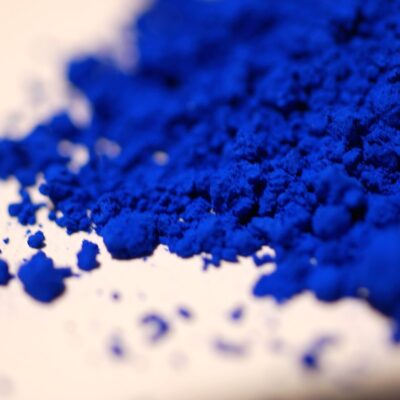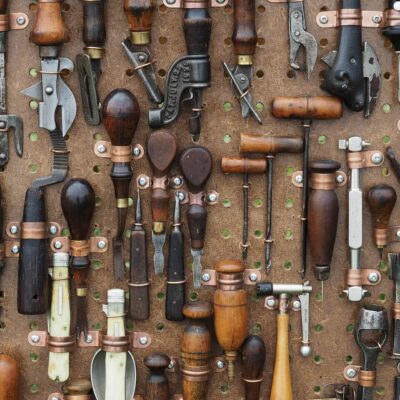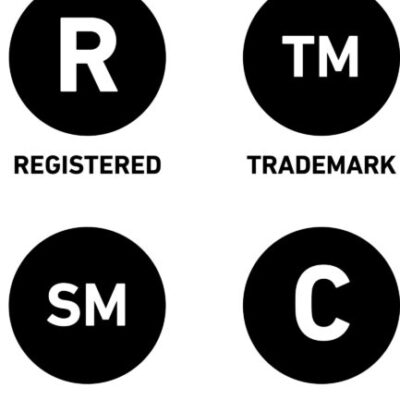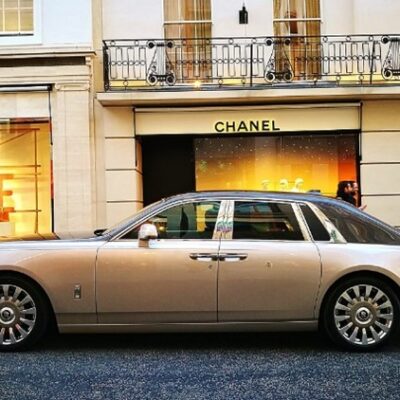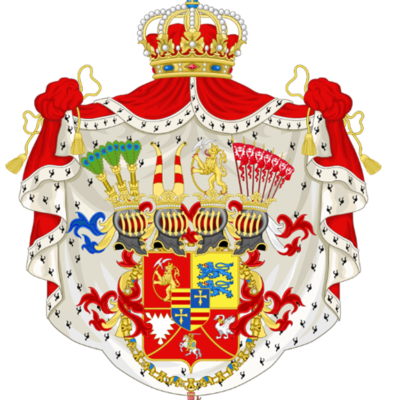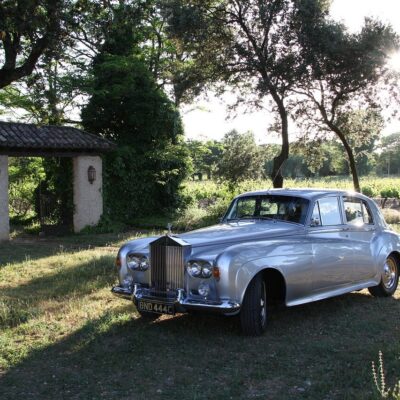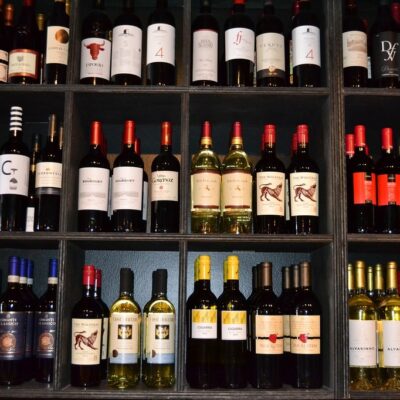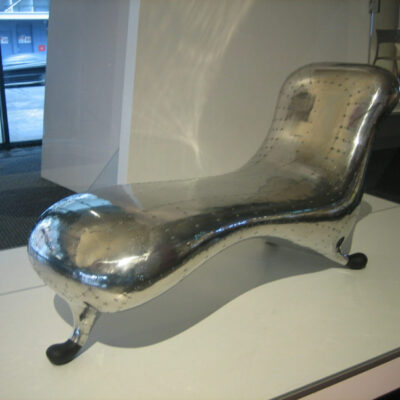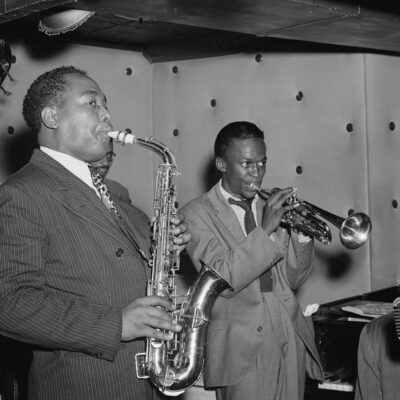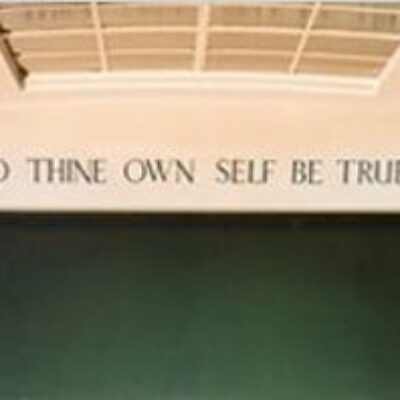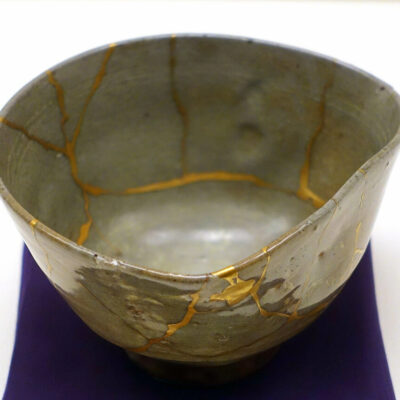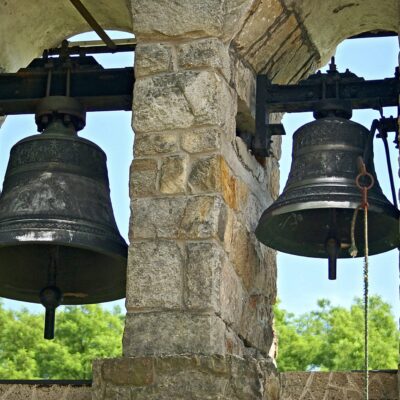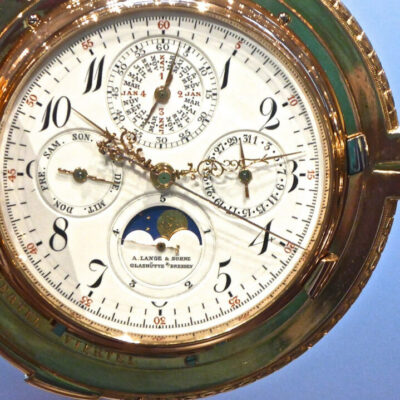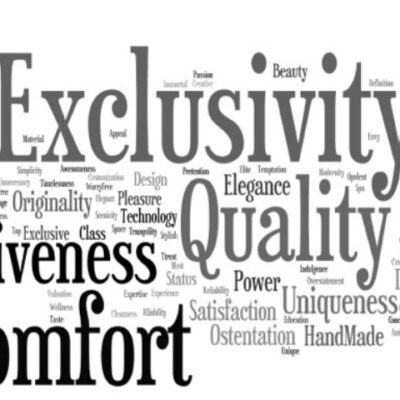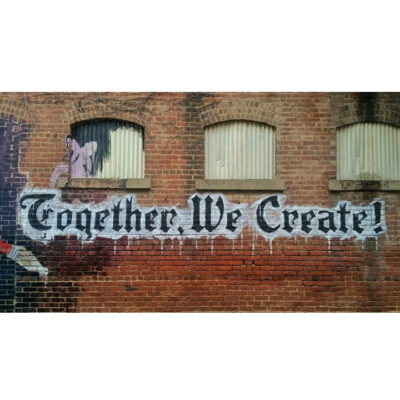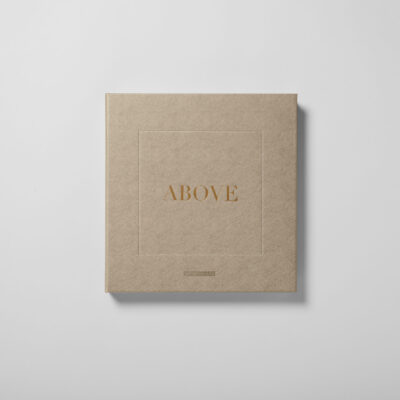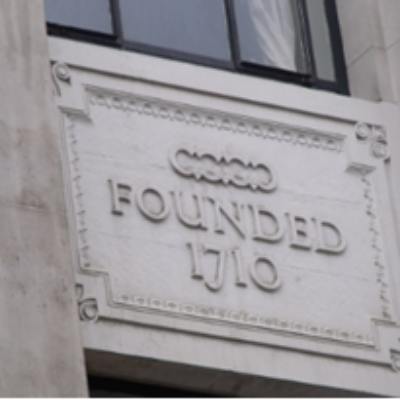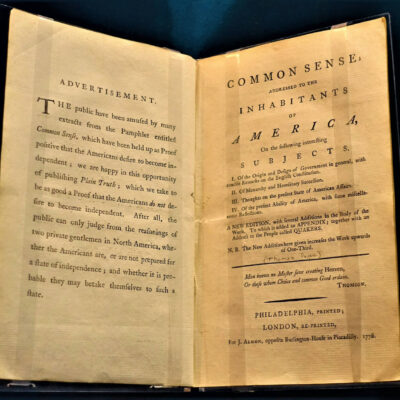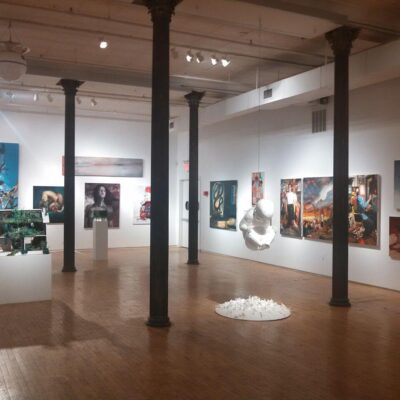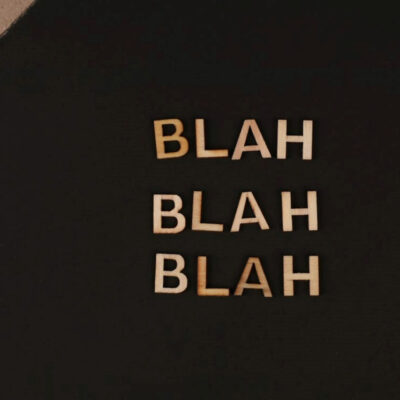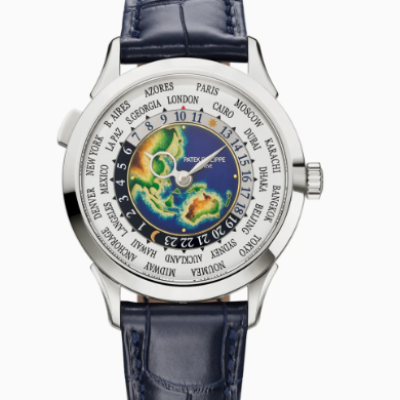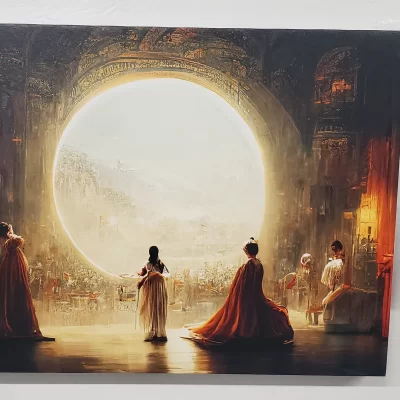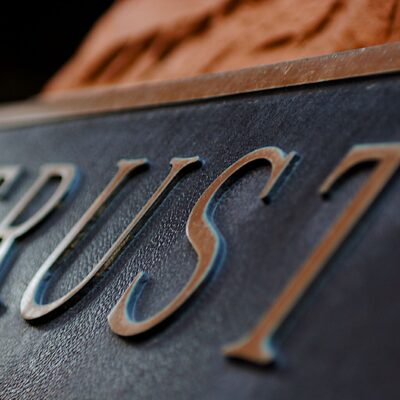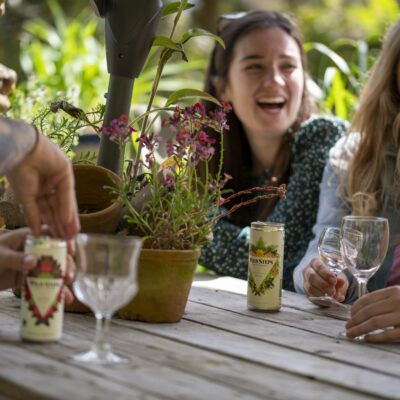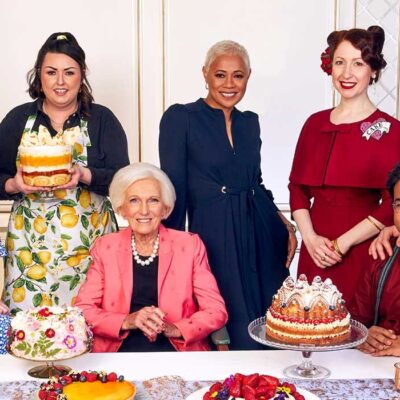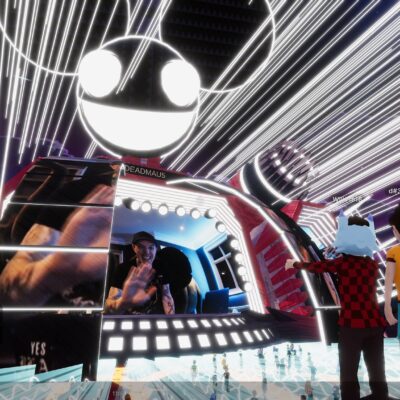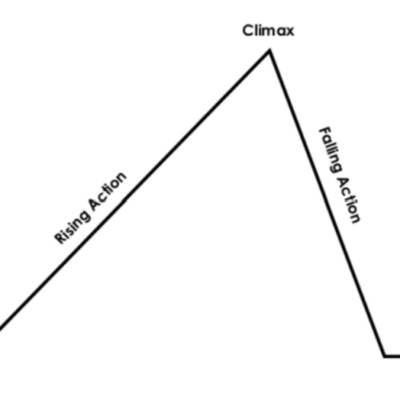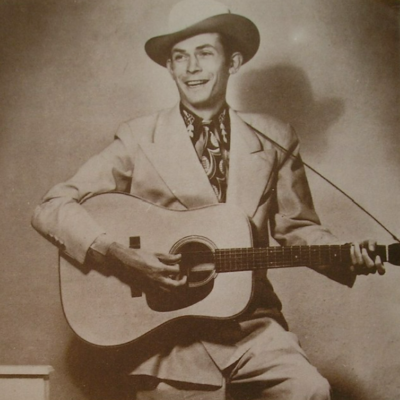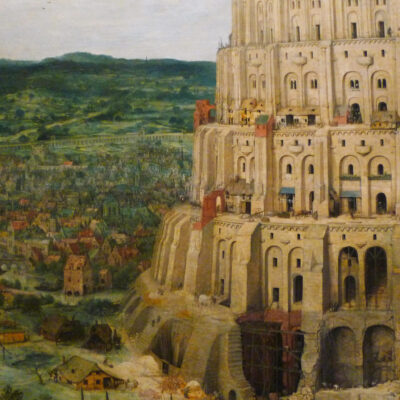Here's the fifth article in our series of ‘Brand Matters’ for Luxury Briefing, the renowned international magazine providing news, analysis and opinion across the luxury industry.
You can read the full text below.

Christian Dior’s view on luxury echoes much thinking about the subject from Socrates onwards. He was attacked for being crass and insensitive when he launched at the dark end of WWII, his “New Look’ luxury label. He defended it saying: “In a time as dark as our own, where luxury consists of guns and airplanes, our sense of luxury must be defended at all costs. I believe that in it, there’s something essential. Everything that goes beyond the simple fact of food, clothing and shelter is luxury; the civilisation we defend is luxury.”
In other words, he thought that luxury isn’t just a weird oddity of capitalist society. It’s an asset, a prize, fundamental to what makes us. Luxury is not just about greed, or showing off, it is a human truth and says something about us. I like this philosophical approach and was heartened to read that the corporate world has actually embraced this.
Some French luxury companies have gone to great lengths to understand what they do, and why they do it. A few years ago, LVMH appointed Philosophy Professor Sophie Chassat to its board. The company said her background would enrich them as she would bring philosophical insight to their business. She said: "Often it’s about looking at a problem from a different perspective to find original answers. Between the rational and the emotional, brands often forget the question of credibility”. Marvellous.
There are a few others in this band - and it’s only, and wonderfully, the French who take this seriously. Adrien Barrot is the in-house philosopher for Hermès. Alain Etchegoyen wrote twenty books, advising many various luxury brands, according to Fashion Network. Lancôme commissioned philosopher Vincent Cespedes to create the manifesto behind its “La vie est belle” perfume. At the height of the financial crisis in 2008, the fragrance became the 4th most popular perfume.
This sort of deep diving is easy to dismiss but writer/actor Phoebe Waller-Bridge talks recently of ‘goal models’: how stars need more than good looks to maintain red-carpet fame. Those French companies might have understood better than most brands that being a lux A-lister means more than getting by on a smile.
And we get a lot of smiles, though most are fake, in the recent TV shows like ‘Succession’, White Lotus’ and ‘Triangle of Sadness’. Satirising the rich has always been an easy target. Well, we know luxury is not the answer to everything. The School of Life points out that luxury, in these shows, has more to do with sadness and how it covers up life’s emptiness and hardships. Characters appear empty, lost. But in their 6-star cocoons there is only space, kindness, indulgence and beauty. Of course, you can’t buy love.
But you can buy experiences, stuff and things. Made with amazingly deeply concerned, apparently heart-felt, crafted comfort and thoughtfulness. Qualities they are not getting anytime, any place, anywhere. Luxury as Elastoplast to life’s let-downs. Still, I think we can all agree that combating loneliness and pointlessness is not a great luxury selling point.
Real high cultural capital and status recognition has always been a selling point though and being expressed in different ways outside the usual categories; people have started to look beyond luxury’s traditional playbook. For example, UHNW parents know that educational luxury is what is needed to provide the cultural and intellectual capital their children must have to survive in today’s world. Inherited wealth is simply not enough as it was in the old days. Maybe eating well and living healthily is starting to have some sort of ‘luxury’ status it never had before, particularly in these austerity times. Maybe the weekly yoga, the private trainer, and the gardener are becoming more associated with privilege and status than before.
Which leads us gently down to the eternal conclusion that, as we get older, luxury is not just about material extravagance. Not just the favourite outfit, restaurant, bar, perfume. Though this is all fine of course! It can also mean the smallest, simplest, most unassuming, low-maintenance pleasures.
Being in the middle of a great book, a really decent cup of coffee, a damn good laugh, good friends, no meetings, time to oneself. Van Morrison wants ‘days of wine and roses, jazz and blues and folk, poetry and voice and music, and no music, silence and then writing, words, memories, memories way back’. Sometimes, as those French philosophers hopefully say, we need to remind ourselves that bought luxury is marvellous, important and civilising; but another view is that great luxuries also lie within ourselves. Both are important.
Read more from our Brand Matters series:
- The enduring importance of craftsmanship here
- Why craftsmanship's vulnerability will win in the tech world here.
- Creativity: From Origins to AI here
- Luxury is ageing gracefully here
A little more on Anew - a luxury London branding Agency
Anew’s two founders deliver: insights from market research, strategic brand thinking, new brand names, luxury logo design, messaging, online and offline content, coffee table books and luxury brand websites. We help companies increase brand profitability through sharper insights, distinctive propositions, creative ideas and faultless execution.
To get in touch do drop us an email. We'd be delighted to meet for a coffee, either face-to-face or virtually to discuss your brief.

